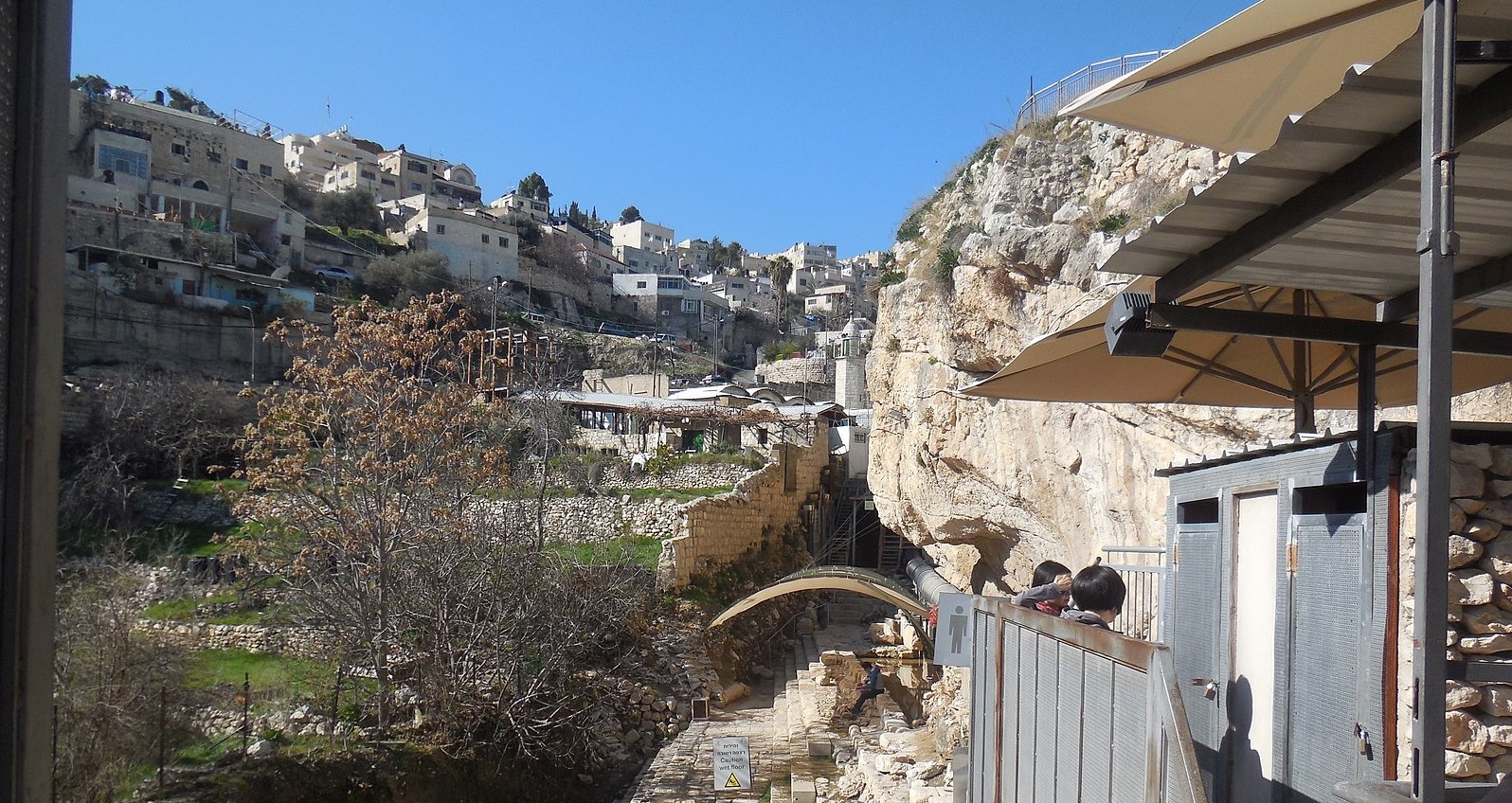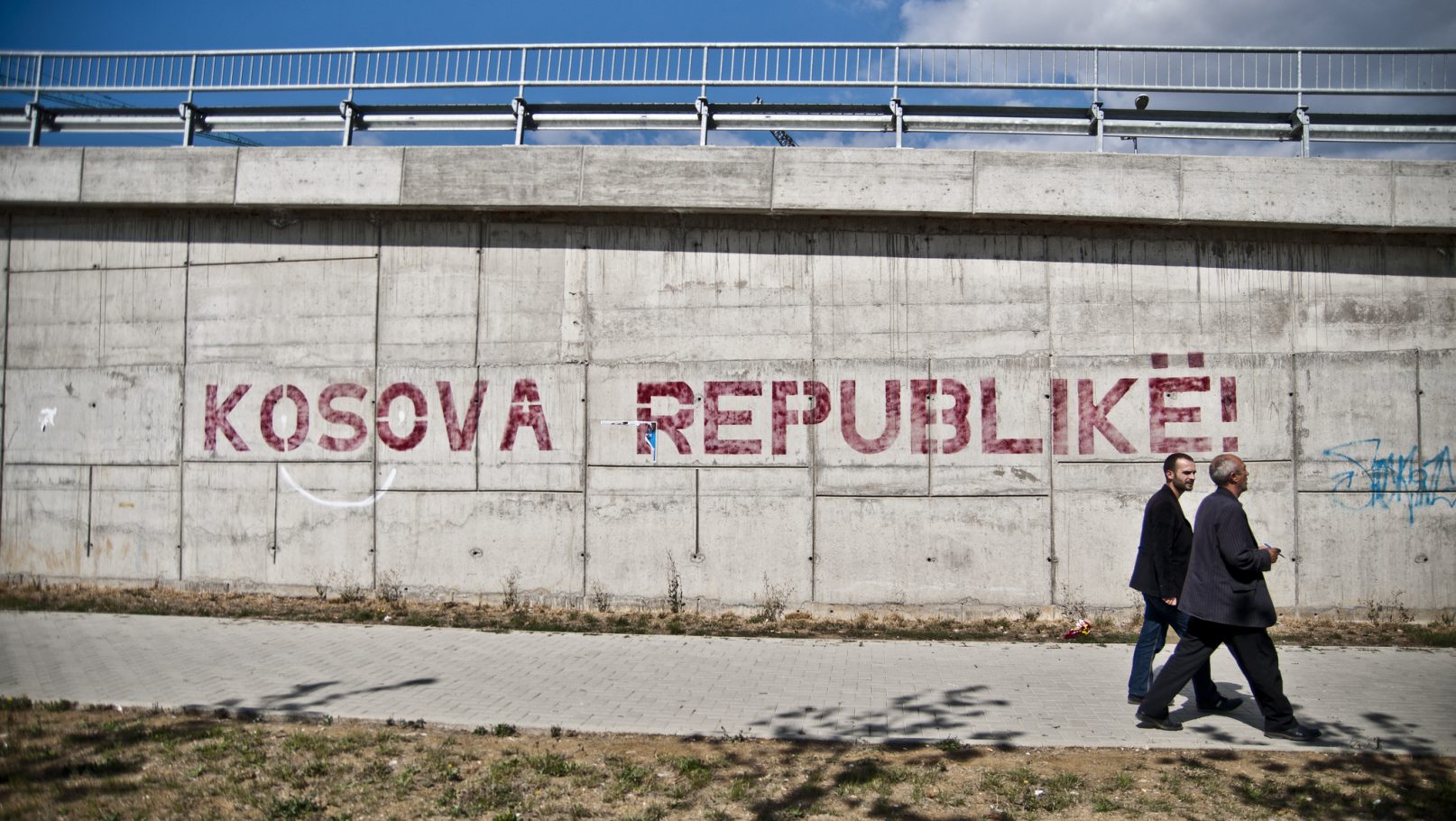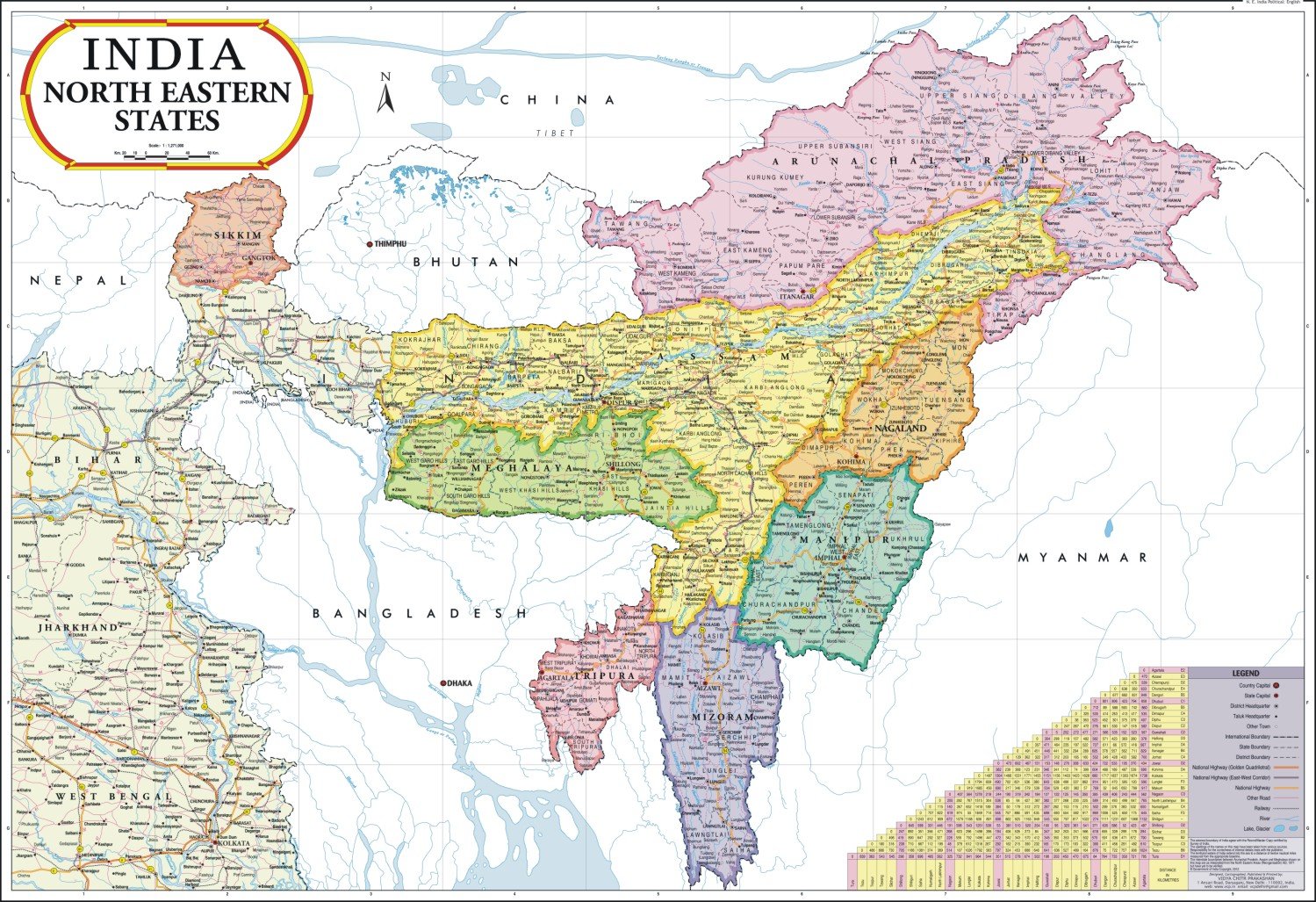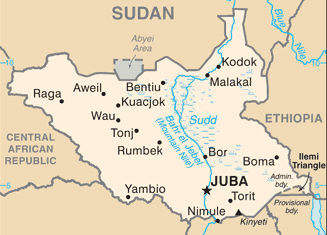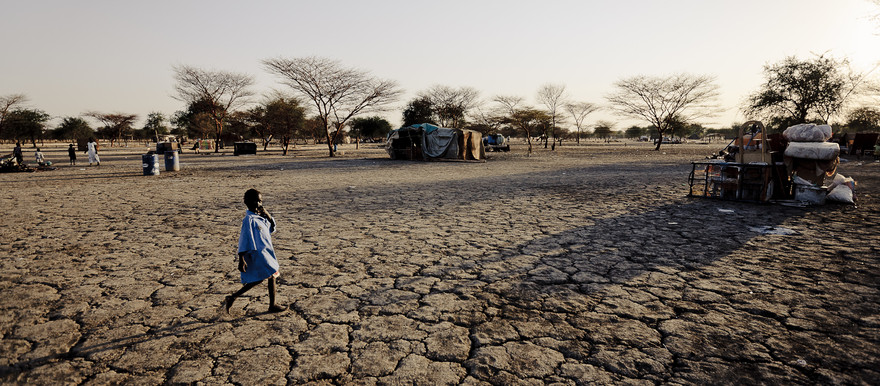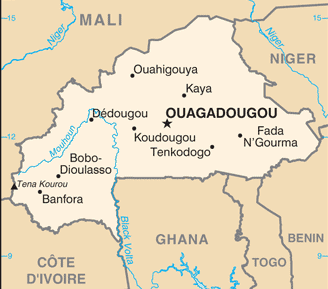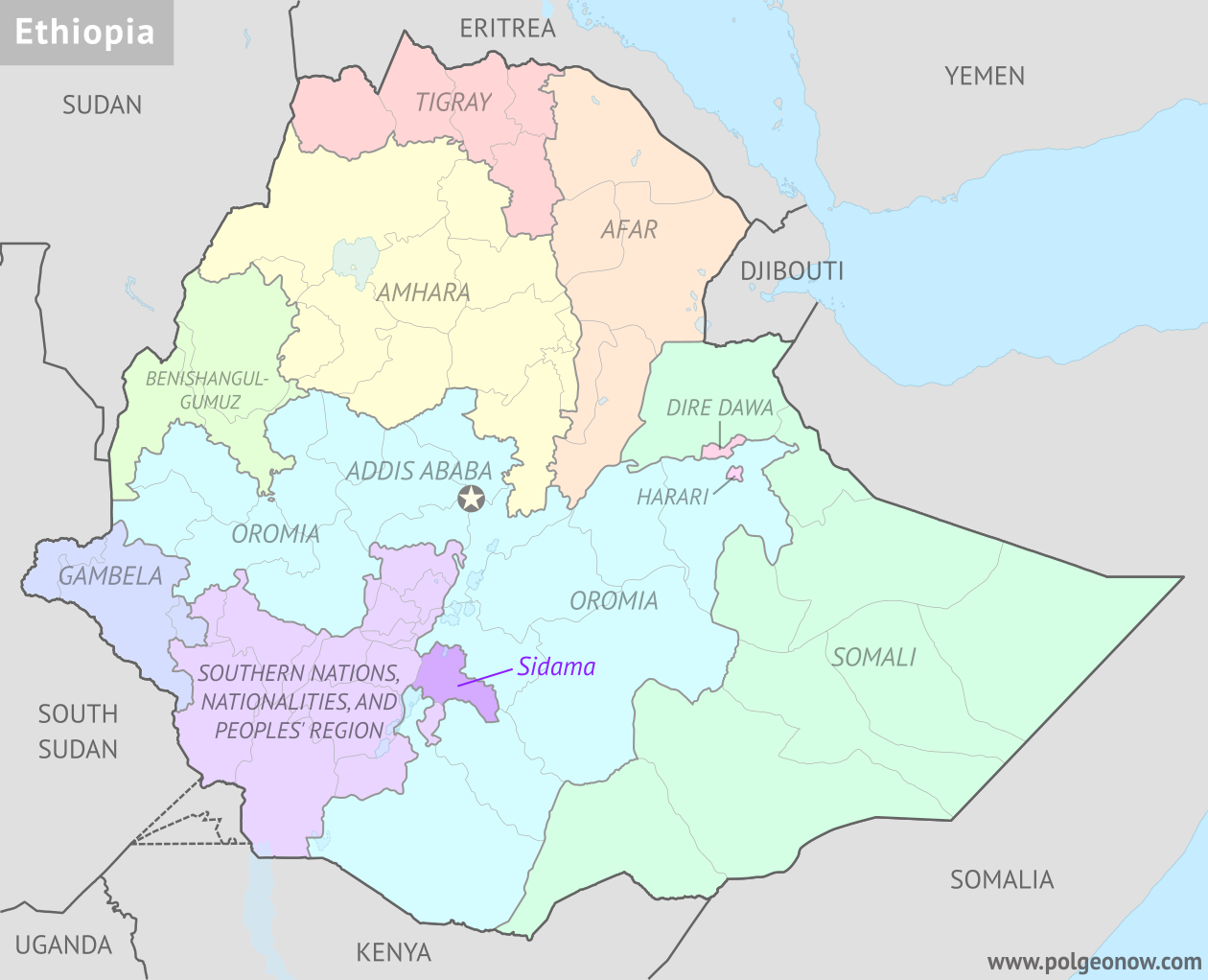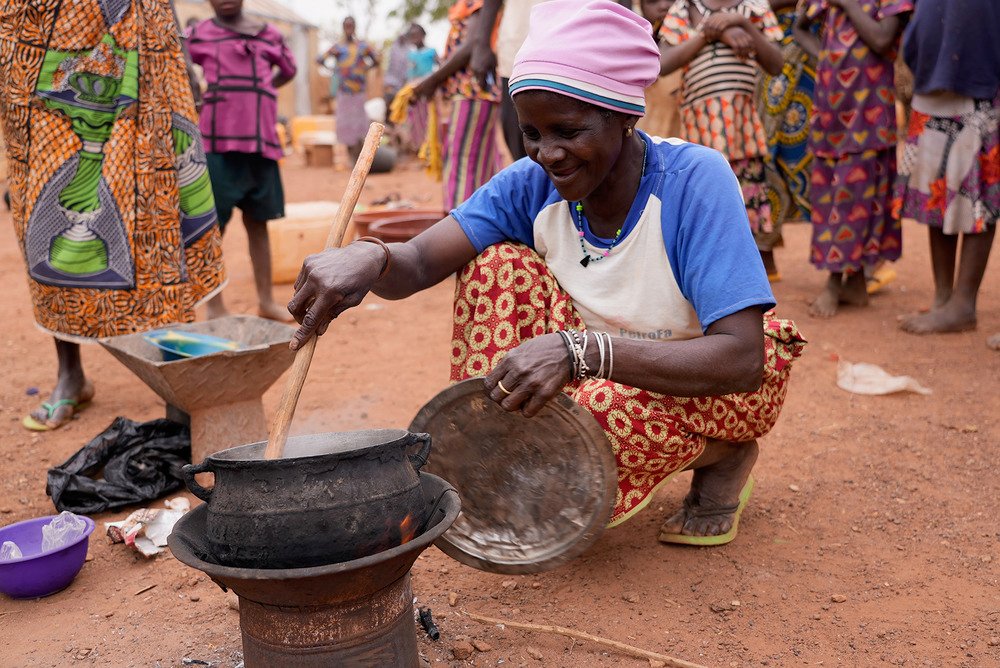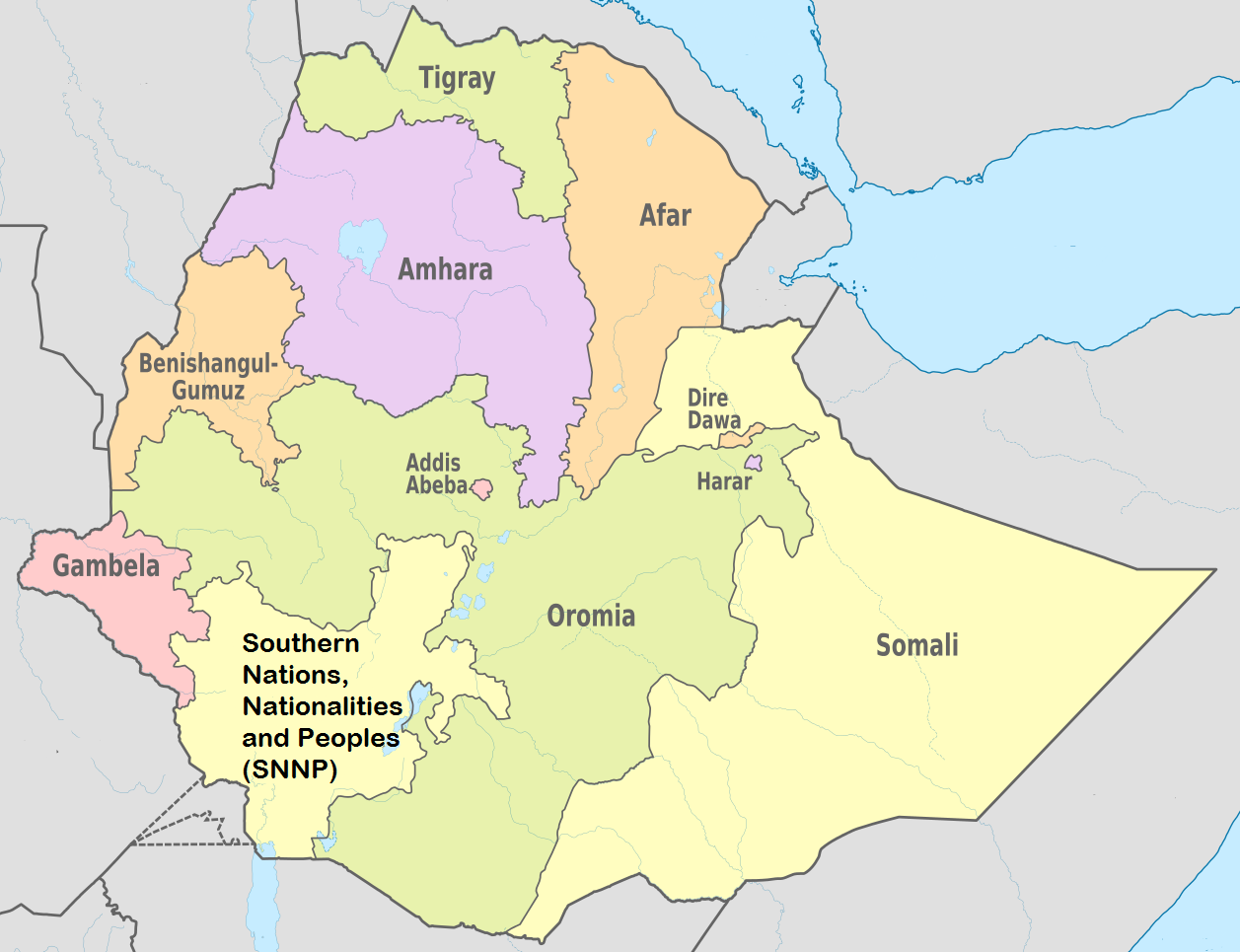
Ethiopia: violence ebbs in Tigray, flares in Oromia
The war in Ethiopia’s northern Tigray region has cooled down since the signing of a peace deal in November. But a separate conflict is intensifying further south, in Oromia, where civilians are suffering as anti-government rebels step up attacks. Oromo Liberation Army (OLA) guerillas were previously confined to the fringes of western and southern Oromia, Ethiopia’s largest region. But analysts say the Tigray war created a security vacuum that has helped the OLA expand its long-running insurgency. The security situation is now “fast deteriorating,” the UN’s aid coordination agency, OCHA, warned in a report last month. Hundreds of thousands of civilians have been uprooted and essential services are not functioning in some conflict-affected areas. (Map via EthioVisit)



